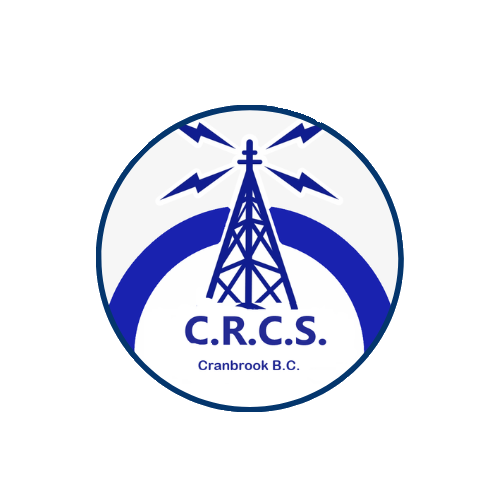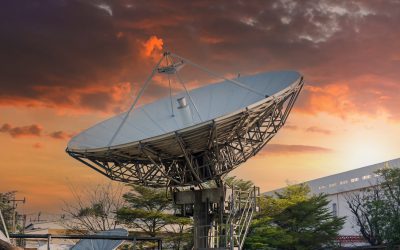When it comes to ham radio field operations, having a reliable and efficient portable antenna is crucial. Portable antennas enable operators to communicate effectively in remote locations, during emergency situations, and while participating in outdoor events. In this comprehensive guide, we will explore the importance of portable antennas, different types of portable antennas, and how to choose the right one for your needs. We will also discuss tips for setting up and optimizing portable antennas for field operations.
Understanding Portable Antennas
Portable antennas are designed for mobility and ease of deployment. They are typically lightweight, compact, and easy to assemble and disassemble. These features make them ideal for use in various field operations, including emergency communication, field day events, hiking, camping, and other outdoor activities.
Importance of Portable Antennas
- Flexibility and Mobility: Portable antennas allow ham radio operators to set up communication stations in diverse locations, from urban areas to remote wilderness.
- Emergency Preparedness: In disaster scenarios, portable antennas can be quickly deployed to establish communication links when traditional infrastructure is compromised.
- Field Day and Outdoor Events: Portable antennas are essential for field day activities, special events, and contests, providing operators with the ability to participate from temporary locations.
- Experimentation and Learning: Portable antennas offer opportunities for experimentation with different antenna designs, enhancing technical skills and knowledge.
Types of Portable Antennas
Several types of portable antennas cater to different needs and preferences. Understanding the characteristics of each type can help you choose the best option for your field operations.
Dipole Antennas
Dipole antennas are simple and effective. They consist of two equal-length conductive elements connected to a feedline at the center. Dipole antennas can be easily constructed and offer good performance on various frequencies.
- Pros: Simple design, effective on multiple bands, easy to construct.
- Cons: Requires space for installation, height above ground impacts performance.
Vertical Antennas
Vertical antennas are popular for their simplicity and effectiveness. They provide omnidirectional coverage, which is useful for contacting stations in all directions.
- Pros: Easy to set up, good for omnidirectional communication, typically lightweight.
- Cons: Can be less efficient than directional antennas, may require a good ground plane for optimal performance.
Yagi Antennas
Yagi antennas are directional antennas that provide high gain, making them suitable for long-distance communication.
- Pros: High gain, excellent for long-distance contacts, directional control.
- Cons: More complex to set up, larger and heavier than other portable options.
Loop Antennas
Loop antennas are compact and can be used in areas with limited space. They are especially useful for low-frequency bands.
- Pros: Compact size, good performance in confined spaces, less affected by surrounding objects.
- Cons: Can be more complex to tune, typically lower efficiency compared to larger antennas.
End-Fed Antennas
End-fed antennas are versatile and easy to deploy. They require minimal support and can be used in various configurations.
- Pros: Easy to deploy, minimal support required, versatile configurations.
- Cons: May require a matching unit or tuner, can be affected by surrounding objects.
Choosing the Right Portable Antenna
Selecting the right portable antenna for field operations depends on several factors, including the intended use, operating environment, and personal preferences. Here are some considerations to keep in mind:
1. Frequency Bands
Consider the frequency bands you plan to operate on. Ensure the antenna supports these bands and can be tuned easily for optimal performance.
2. Deployment Environment
Evaluate the environment where you will be deploying the antenna. Factors such as available space, terrain, and surrounding objects can impact antenna performance.
3. Ease of Setup
Choose an antenna that matches your skill level and the ease with which you can set it up. Some antennas require more complex assembly and tuning than others.
4. Portability
Ensure the antenna is lightweight and compact enough for easy transportation. Consider how you will carry and store the antenna during field operations.
5. Budget
Portable antennas come in a range of prices. Set a budget and look for options that provide the best value for your investment.
Tips for Effective Use of Portable Antennas
To maximize the performance of your portable antenna in field operations, consider the following tips:
1. Optimal Placement
Place the antenna in an open area away from obstructions. Elevate the antenna as high as possible to enhance signal propagation.
2. Proper Grounding
Ensure the antenna is properly grounded to improve performance and reduce interference. Use grounding rods and conductive cables as needed.
3. Regular Testing
Test your antenna setup regularly to ensure it is functioning correctly. Check for any damage or wear that might impact performance.
4. Use of Tuners
If your antenna requires tuning, use an antenna tuner to match the impedance and optimize signal transmission.
5. Experimentation
Don’t be afraid to experiment with different antenna configurations and placements. Field operations often require adaptability to changing conditions.
Portable antennas are a vital component of ham radio field operations, providing flexibility, mobility, and effective communication capabilities. By understanding the types of portable antennas available and considering factors such as frequency bands, deployment environment, and ease of setup, operators can choose the best antenna for their needs. Additionally, following best practices for antenna placement, grounding, and regular testing will ensure optimal performance in the field.




